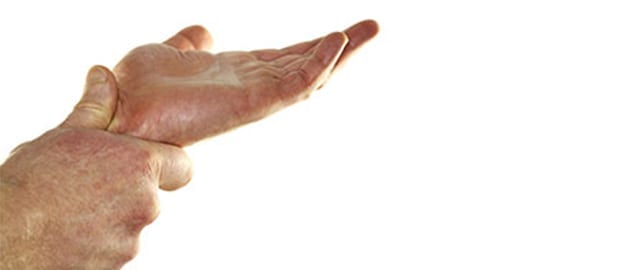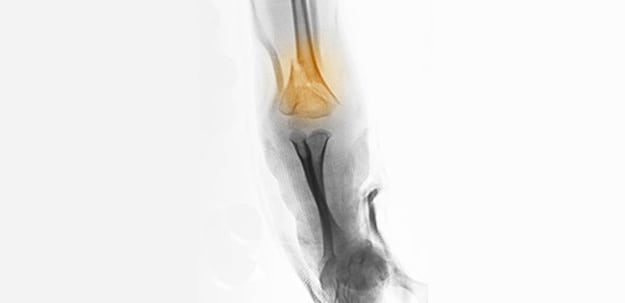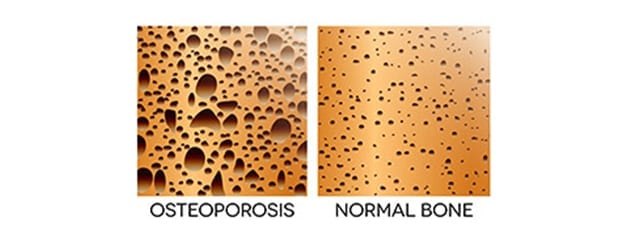
There are many orthopedic issues that affect your overall musculoskeletal system.
In addition to area-specific injuries and conditions, there are several orthopedic issues that can develop anywhere in the body—or even your entire body. At Orange County Orthopedic Group, we work with you to find a treatment that will provide you with relief.
- We provide thorough diagnosis
- We work with you to prepare a treatment plan
CONTACT US TODAY
- Osteoporosis – Characterized by bone loss, osteoporosis results in brittle and weak bones. Although osteoporosis can affect anyone, lack of calcium in the diet is one risk factor. There are not any symptoms of early bone loss, but as the condition progresses, symptoms can include back pain, loss of height, stooped posture, and easily occurring fractures. Medications, exercises, and supplements can be used to slow bone loss.
- Soft tissue and bone tumors – Tumors can develop in blood vessels, fat, muscles, nerves, and more. Altogether, there are approximately 50 different types of soft tissue and bone tumors, both malignant and benign. Chemotherapy, radiation, and surgical removal are methods used to treat these types of tumors.
- Muscular dystrophy – This condition encompasses more than one disease that contribute to a loss of muscle mass. There is more than one type of muscular dystrophy—some develop in early childhood, and some do not surface until adulthood. Symptoms vary for each type but can include trouble running, stiffness, muscle pain, and frequent falls. There is not a cure for muscular dystrophy, but symptoms can be managed with medications, physical therapy, braces, exercise, and mobility aids.


- Repetitive stress injuries – There are many different types of stress injuries, such as bursitis, carpal tunnel syndrome, and tendonitis. Individuals who performed repetitive movements, like typing, are at an increased risk for these injuries. Symptoms include pain, tingling, stiffness, and numbness. Elevation, splints, rest, icing, medications, and surgery to repair the area are all treatments that may be utilized for repetitive stress injuries.
- Nerve compression syndrome – This condition can affect several different parts of the body and occurs when there is pressure on a single nerve. Symptoms include numbness, muscle weakness, pain, and tingling. The main treatment approach involves treating the underlying cause, such as losing weight if excess weight is resulting in too much pressure. In some cases, surgery is needed to relieve pressure.
- Arthritis – Arthritis is inflammation of the joints. There is more than one specific type of arthritis, including osteoarthritis and rheumatoid arthritis. Inflammatory issues and wear and tear on cartilage can contribute to this condition, and the symptoms involve stiffness and pain. Treatments include medications, exercise, physical therapy, and surgery to realign the joints or remove damaged joint lining.
- Nonunion/malunion – Nonunion and malunion occur when the bones in a fracture have not healed correctly. If the ends of the bone fail to heal entirely, nonunion has occurred. If the bones have not lined up properly, malunion has occurred. Each of these can be caused by lack of stability or blood flow in the injured area, but other contributing factors include infection, smoking, diabetes, and trauma. Symptoms of improperly healed fractures are pain, swelling, tenderness, and visual deformity. Treatment consists of cutting bone near or at the fracture site and then fixating it in place with rods, pins, or plates.


